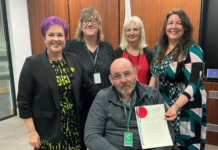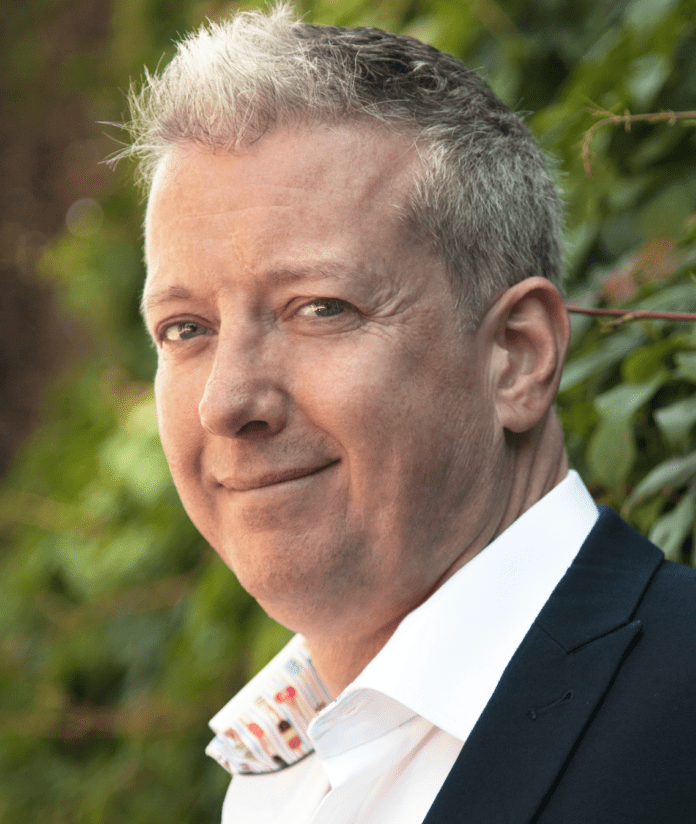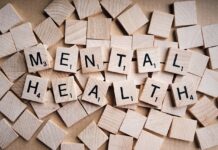Often one of the single biggest risk factors in older age is loneliness and isolation which produce a huge stress response. Here psychotherapist Noel McDermott explains how this state is totally avoidable for most people by maintaining a healthy lifestyle. He challenges our assumptions about aging and offers advice on how to make positive changes in later life, including stress-busting ideas and a guide to releasing reward hormones.
How To Reduce Age-Related Risks
Whilst it’s true we can’t do much about the possibility of say an accident making us infirm later in life, we actually can’t do much about that happening tomorrow. However, we can do an awful lot to avoid or reduce the major age-related risks to us through poor lifestyle choices, loneliness, and isolation. So, what are the major risks to us later in life?
- Age related illness or infirmity
- Cognitive decline
- Social isolation and loneliness
Making Positive Choices in Later Life
What’s interesting is that all of the things on this list can be affected positively by choices we make about our lifestyle, common age-related illness for example are issues around diabetes, arthritic problems, and osteoporosis. These are all illness which can be positively affected by changes to lifestyle, so making healthier choices by reducing sugar, exercising more, and exercising with weights can make a real difference. So, a healthy diet and healthy lifestyle can help reduce the risk of developing these diseases and often reduce the severity of them if they do occur. The positive choices we make to lead a healthier lifestyle are fun now and also fun later in life. Understanding the brain and reward hormones is vital in this. Healthy choices can often be viewed as like taking an unpleasant tasting medicine, we know it’s necessary but it’s not nice. A good place to start is understanding the health impacts of stress and the health impacts of getting a good DOSE of reward hormones.
Stress and Global Health
Stress hormones are adrenaline and cortisol, they are helpful if you want to run away from a threat or fight it off. Outside of that having too much of them leads to emotional, psychological, and physical health problems. Stress it is often said to be the world’s biggest killer leading to serious problems with mental health issues, heart disease, hypertension, increased cancer risk, increased risk of substance misuse/alcohol problems, sleep problems, disturbed appetite, obesity, and fat retention especially visceral fat, there is pretty much an unending list of issues related to this physical and psychological state of stress. Stress has negative impacts in what is called ‘global’ health and wellbeing, not the planet, but you as a whole. Global in the sense of every aspect of your health and wellbeing. As such learning to reduce and manage your stress responses is key.
Stress Busting Ideas
- Learn a controlled breathing technique such as mindfulness or the British army’s four-square breathing method
- Develop self-care activities such as pampering though massage, makeovers, spa experiences etc
- Become aware of the signs of stress and threat activation and use this to counter stress responses when they occur with your breathing and relaxation methods
- Learn your triggers and proactively manage them in less stressful ways
- Discover relaxation techniques that work for you and start using them in your daily life
It’s hard if not impossible to overstate the positive health impacts of learning better management techniques around inappropriate stress hormone production. The other side of it is learning how to DOSE yourself up on reward hormones which positively improve your global health functioning.
How to DOSE Yourself Up on Reward Hormones
- D- dopamine, gives you a feeling of wellbeing, happiness, and motivation. It can be activated in most pleasurable social situations, such as a good night’s sleep, eating a nice meal, going for a walk or other exercise, listening to music, hanging out with friends, getting sunshine, engaging with nature and even by stroking pets.
- O- oxytocin, promotes strong emotional and relational bonds, gives you a feeling of being loved up – the core of our social animal nature, improves mood and is now looked at as a treatment for social phobia, autism, posy-partum depression, anxiety, and depression. You get it from being physically close to those you love! Men and women produce it slightly differently as men can optimise production of the hormone in different behaviours with both sexes getting a boost from say holding hands and kissing (go kiss more!!), but men can get it from simulated competitive ‘battle’ with other men leading to a big release of loved up feeling when you survive. Ever wondered why guys bond so much on the football terraces? It’s all that hugging! Women tend not to have this fight flight response.
- S- serotonin, is a well-known term because of the common use of SSRI’s selective serotonin re-uptake inhibitors or Prozac or fluoxetine as it is more generically known in the UK. Serotonin regulates mood and manages depression and anxiety. It improves happiness and wellbeing, and this has a global health improvement impact. Great ways to get some include sunshine and in general a good amount of bright light (you can use a ‘daylight’ or anti depression lamp), exercise that fatigues you (serotonin is produced in this type of fatigue to help you recover), eating healthy foods with good protein (plant based) and those less intensively farmed (wild food often has higher sources of the amino acids that help serotonin production). So simply put, replicating our hunter gatherer roots when we were outside more, had to walk for miles and ate wild stuff on the hoof.
- E- endorphins, our natural pain killers! Nothing like naturally produced opiates to feel good! Endorphin is literally a combination of endogenous (from the body) and morphine, naturally occurring morphine has the impact of giving us an amazing sense of wellbeing. Again, a sense of wellbeing is evidenced to improve global health outcomes including improved physical health, social health, economic health, and relationship health. For pain relief also use stress relief as both states are the same in terms of health and wellbeing. Endorphins are a super stress buster. Here’s some of the stuff that produces endorphins: vigorous exercise is the most well-known, but also laughing, dark chocolate because of flavonoids and spicy foods which stimulate pain responses in the mouth. Yoga and meditation also produce endorphins – it all sounds like a lot of fun!
Psychotherapist Noel McDermott comments: “Every one of the DOSE hormones are also well researched to improve cognitive functioning and brain health specifically protecting against decline in those areas. These healthy choices to eat better food, to socialise more, to be more active, to sleep well, to learn to relax and pamper yourself don’t need gym memberships, or special training coaches or a degree in nutrition. they are freely available and what’s more your body and brain will tell you what is working by making you feel great”.
Noel McDermott is a Psychotherapist with over 25 years’ experience in health, social care, and education. He has created unique, mental health services in the independent sector. Noel’s company offer at-home mental health care and will source, identify and co-ordinate personalised care teams for the individual – www.noelcdermott.net.
Help keep news FREE for our readers
Supporting your local community newspaper/online news outlet is crucial now more than ever. If you believe in independent journalism, then consider making a valuable contribution by making a one-time or monthly donation. We operate in rural areas where providing unbiased news can be challenging. Read More About Supporting The West Wales Chronicle






















